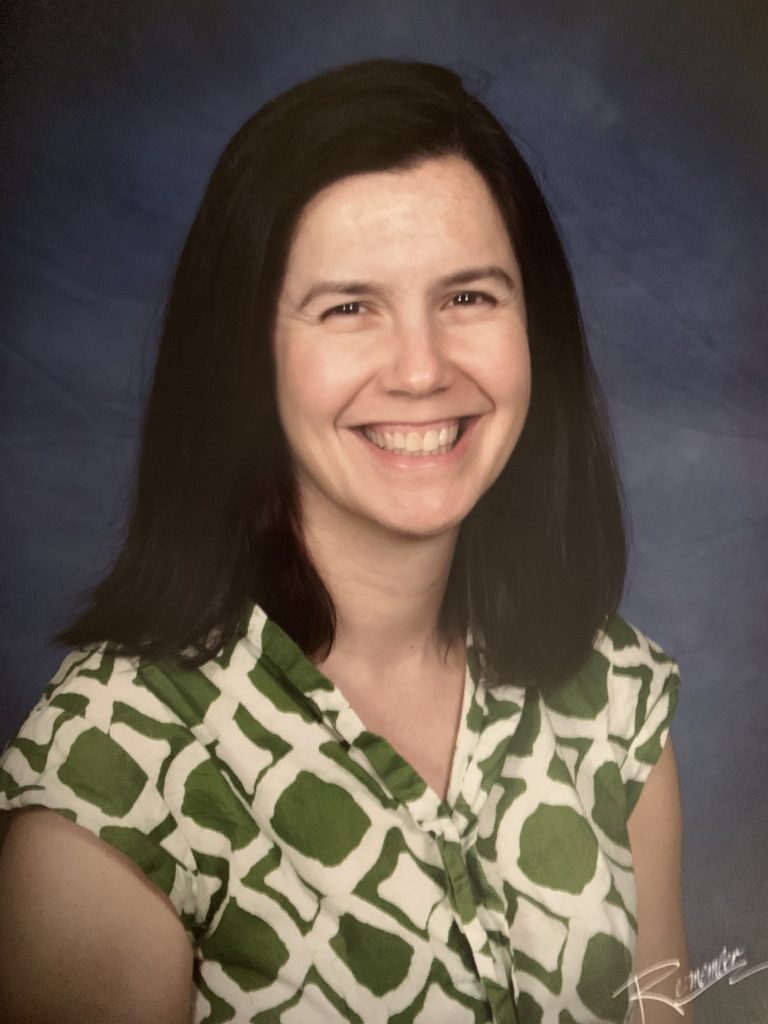
November 16, 2022
A Note from Pastor April
Dear Friends,
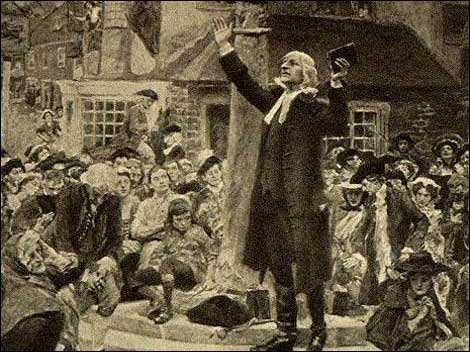
I remember the moment I knew the United Methodist Church was the right one for me.
I was in seminary in a United Methodist History class, and our professor, Dr. Diane Lobody, was telling us story after story of John Wesley in the early days of the Methodist movement.
Wesley lived in the mid 1700s, a priest and academic in the Church of England. He bore witness to the massive divide between the wealthy and the poor, the chronic impact of alcoholism on poor families and communities, and the church’s aloof nature that preserved the status quo and catered to the rich and powerful.
Stories of Early Methodists
The stories that Dr. Lobody told us of the early Methodists were captivating.
Stories of a man so committed to sharing God’s love that he would stand outside the coal mines at shift change to let the workers know that they mattered (that’s what the picture above shows).
Stories of hearts and lives being changed, as people banded together in community, often across socio-economic lines, to support one another’s sobriety and lift family after family out of poverty.
Stories of a movement so impactful that it contributed to the rise of the middle class and engaged Christians in the social welfare of their cities and communities.
The Power and Possibility of the Church
Wesley understood the power and possibility of the church to be a tremendous force for personal and social transformation.
The “methods” of these early Methodists were never intended to start a new church. They were always designed to re-ignite people’s faith, that collectively they might help the Church of England remember who she was called to be.
When the movement had spread to the United States and continued to grow, the Methodists only became a separate denomination out of necessity. They needed a structure of some kind to ordain, train, and equip clergy. The decision to become a new denomination was entirely practical — making space for more people to know God’s love.
That was the kind of church I knew I wanted to be a part of.
Over the years, our denomination has had its ups and downs.
Even though our Book of Discipline began with a commitment to abolish slavery and include African-Americans in the life of the church, segregation was the practice in most churches. Black Methodists walked out in protest and formed the first African Methodist Episcopal Church in 1792.
Over the next few decades, the church split two further times. First in 1830, over the issue of giving laity and clergy a vote in church decisions. Second in 1844, over the issue of slavery.
By the 1900s, the Methodist Episcopal Church had returned to its Wesleyan roots and was on the forefront of engagement in social change. It was during this season that we started hospitals, schools, homes for children, soup kitchens, and social reform agencies. (This picture is of the first Methodist hospital, which later became Riverside, Grant, and Dublin Methodist Hospitals).
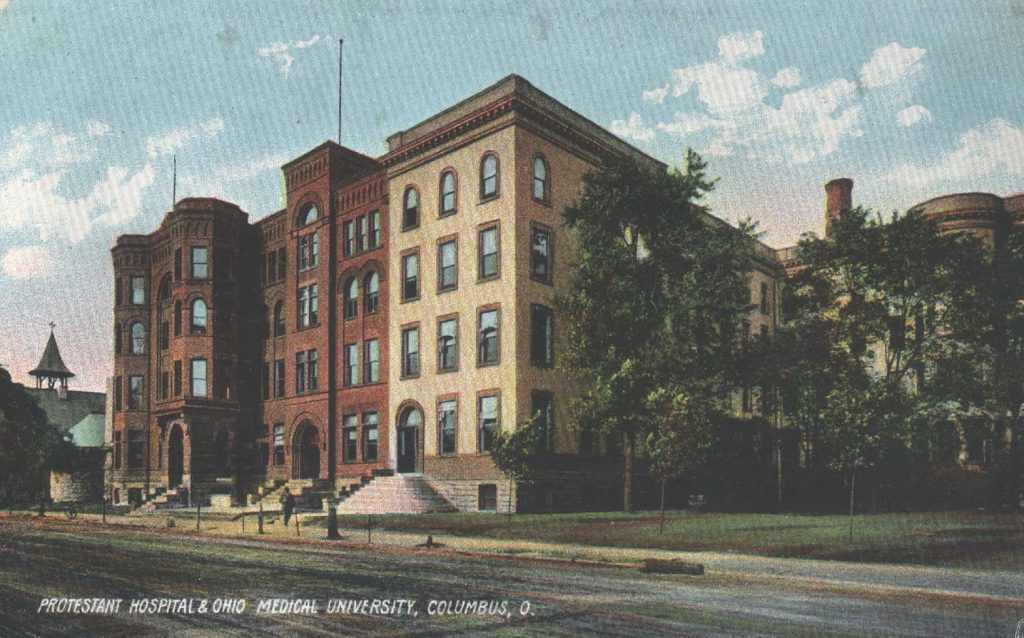
By 1939, we had merged back together with the denominations that had split off in the 1800s and become the Methodist Church.
In 1968, in the height of a moment of great social change, we joined together with the smaller denomination, Evangelical United Brethren, and became the largest Protestant denomination in the world, The United Methodist Church (UMC).
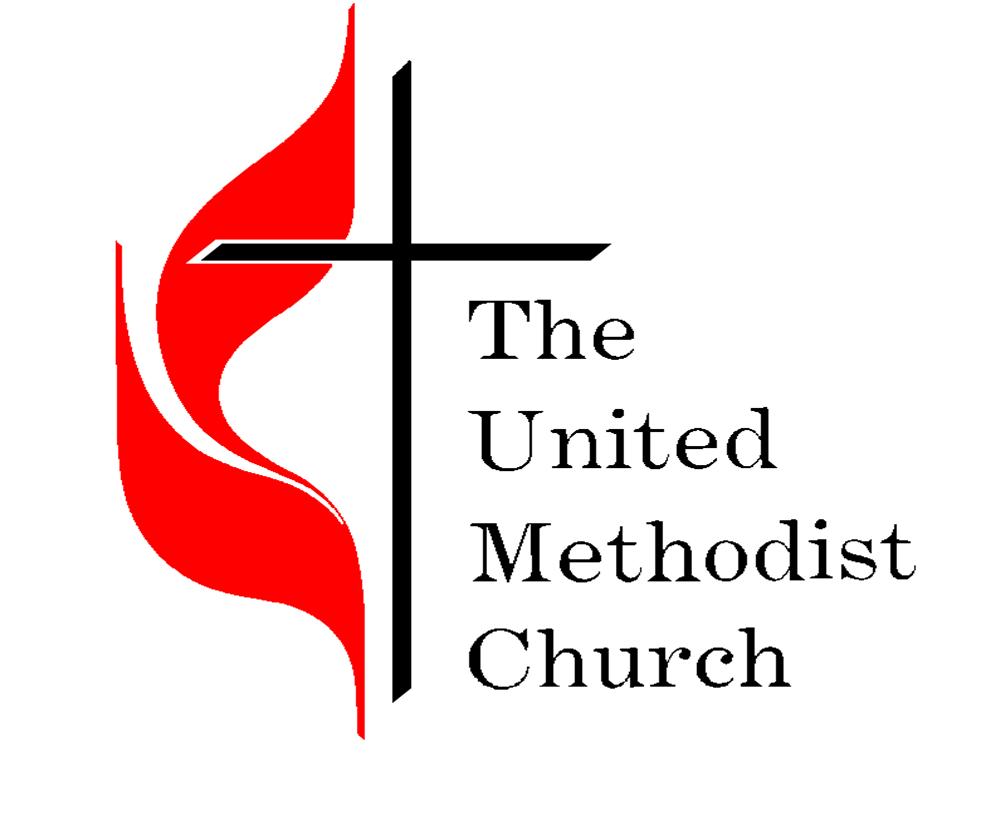
A Global Church
By this time, we had become a truly global church, with mission and ministry happening in every corner of the globe.
We were a “big tent” kind of church, one that had space for differing perspectives yet centered on our practical desire to make the love of Jesus Christ realized in the world.
We had an enormous opportunity for impact. At the same time, our sheer size made it challenging to make the same kind of nimble adjustments we had been able to when we were smaller.
Every four years, the UMC gathers for what we call a General Conference. This is the place where equal numbers of elected lay and clergy delegates from each conference around the world (ours is West Ohio) come together for worship, connection, and to propose legislation that will update or change our Book of Discipline.
Over the years, our General Conference has made some important shifts, like giving women full ordination rights (1956) and establishing the order of deacons (1996). Most recently, our General Conference has become a place of heated debate over our disagreements on human sexuality.
This Saturday, November 19, the West Ohio Conference will meet online for an annual conference to officially recognize the impact of the next split in our denomination’s history. The Global Methodist Church (GMC) was founded in May of 2022, creating a haven for more conservative United Methodist churches to engage in ministry without the consistent debate and demand for LGBTQ inclusion.
We will formally recognize the 80 churches from West Ohio that are choosing to leave the UMC to become a part of the GMC, along with the clergy who have chosen to disaffiliate. There is reason to expect that there will be many more leaving in the summer of 2023.
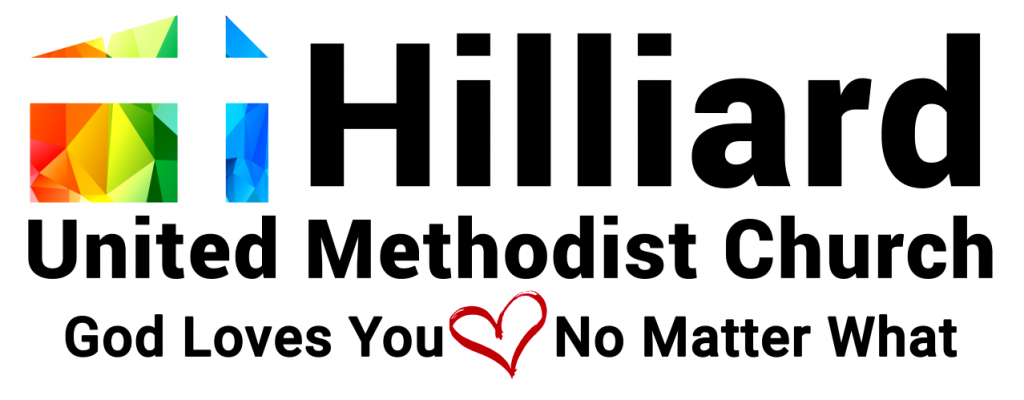
As we have been sharing in our recent communications,
Hilliard UMC will remain a part of the UMC.
Your Church Council discussed this topic at their October meeting and voted unanimously that “the values of the GMC do not align well with the kind of inclusive community we have been building over time at HUMC.”
Still, separation and change are hard. My guess is that some of you have home churches or places of connection in your own history that will no longer be a part of the United Methodist Church. You might have friends and families who are impacted, and with whom you share differing opinions. You may also be experiencing a sense of hurt that such a split is even happening in the first place.
My hope in this letter is to help you know that as United Methodists, we have been here before. There are seasons in ministry where our differences have become irreconcilable, and some may need to walk a different path for a time.
On Saturday, we will be in prayer for this next chapter for the United Methodist Church and for our brothers and sisters who are choosing to walk in a new way.
Helping People Know, Experience, and Embody the Love of God
What I also want to assure you is that at Hilliard UMC, we will continue to lean into the rich history we have as Methodists, focused primarily on the practical work of helping people know, experience, and embody the love of God in Jesus Christ… no matter what!
Like the Methodists who came before us, we are trying to engage in work that is addressing the real needs of people in our communities.
This was our desire when we purchased the Warehouse 839 space over 20 years ago. We wanted to create a multi-purpose space that could reach the unchurched and dechurched with the extravagant love of Jesus, folks who might not regularly step into the walls of a sanctuary building but might come to a space in a warehouse that didn’t seem so formal.
Worship in Warehouse 839 this Sunday
This Sunday, November 20 at 5:30pm, we’ll have our third experimental service in the Warehouse 839 space. We’re trying out various styles of worship and music to zero in on the values and ethos we want this space to have. You and your friends and family are welcome and invited to be a part!
Focus Groups
In addition, we will also be hosting two focus groups this month, where you can share feedback and have more in-depth conversations about what you hope to see in the Warehouse 839 services down the road. Come to the one that best suits your schedule and preference:
- TONIGHT! Wednesday, November 16, 6:30pm in the Sanctuary building, parlor (room 206, main level, about halfway down the long hallway on the left). Led by Laity: Jon Esala and Lynn Weatherby.
- Monday, November 28, 6:30pm on Zoom. Meeting ID: 889 3247 7172. Led by Laity: Rich Boettner.
I’m so grateful to be on this journey with all of you, and I continue to be hopeful about the impact we will be able to have on people as we carry on with our Wesleyan heritage of making the love of God visible and accessible to those in our community!
Blessings!
Pastor April
The Rev. April Blaine
Lead Pastor
ablaine@hilliardumc.org
614.876.2403 (church office)



